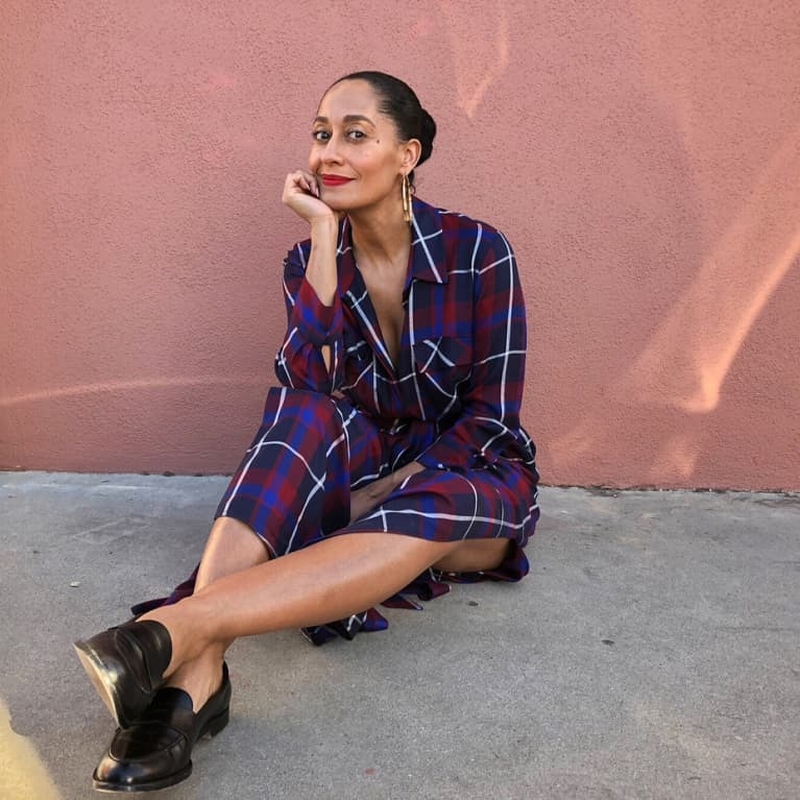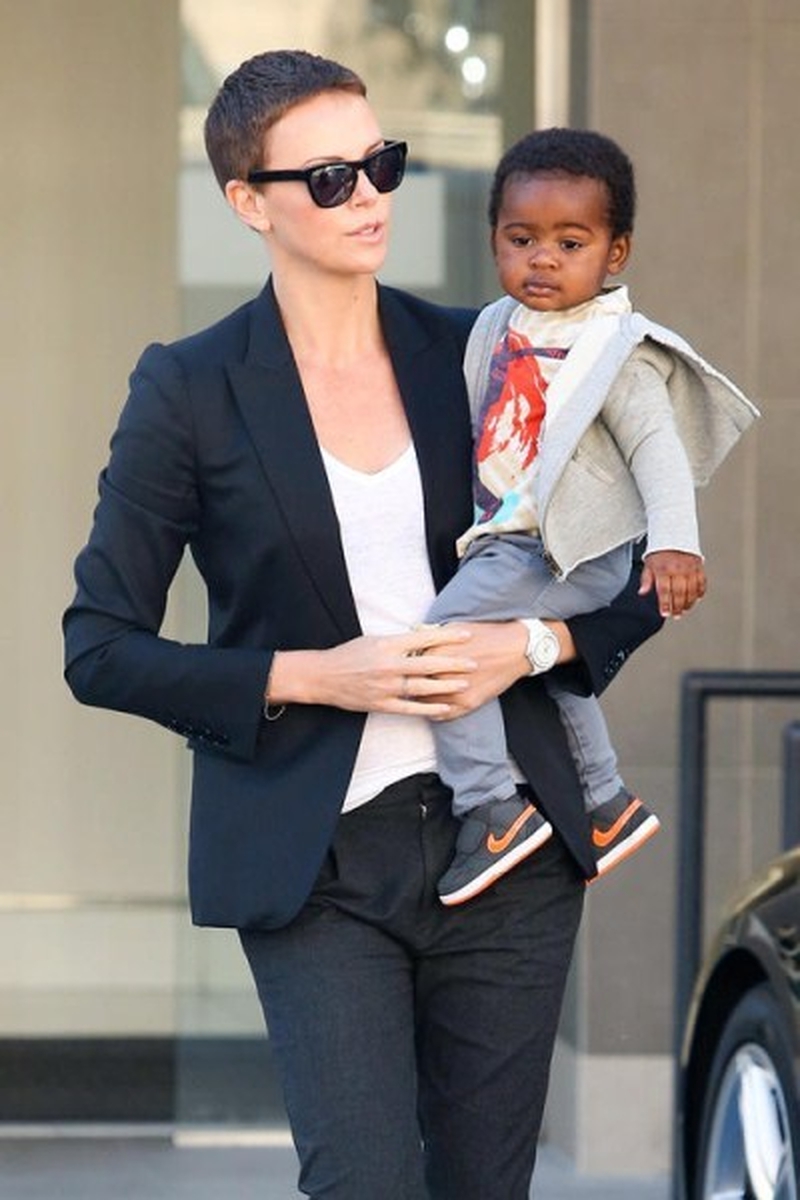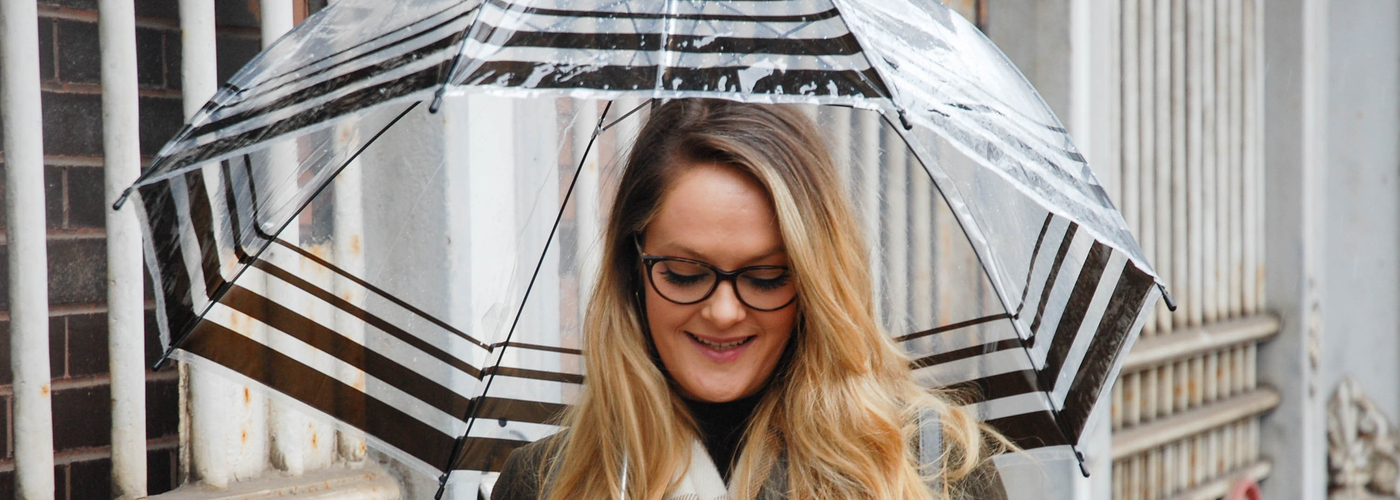Tori Attwood on why you can't (and shouldn't) hurry love
My mother is shuffling her way about the kitchen, bopping her head and swinging her hips in a manner that would make any orthopaedic concerned.
Whilst she dances, she wails a barely recognisable rendition of the Supremes’ classic: “You can’t hurry love… oh no! You’ll just have to wait! No love, it don’t come easy Victoria…It’s a game of give and take!”
I’m fourteen. And this ritual will be revived every time I mention my single status for the next ten years, and probably, the rest of my foreseeable future.
But whilst my mother will never tire of leaving me cringing to my core with her public pop performances, one thing has changed: I’m now the one wriggling out of awkward questions about my dating status with questionable dance moves, this time replacing the Supremes with borrowed lines from Beyoncé’s Single Ladies or worse yet, Jason Derulo’s Ridin’ Solo. Because truth be told, being single isn’t half as bad as I thought it would be. And though my solo status might concern my family, I'm quite content on being a single pringle.
...up until 2005, 'spinster’ and ‘bachelor’ were legitimate legal terms for single adults
In fact, my singleness may be doing wonders for my health. Recent studies indicate that single people exercise more, sleep better and are more independent and emotionally healthy compared to married couples. Singletons are also increasingly less willing to settle down - in 1962, surveys revealed half of 21-year-olds and 90% of 30-year-olds had been married at least once, but in 2014 only 8% of 21-year-olds and 55% of 30-year-olds had been married. So, what’s changed?
“If I was single at your age, I’d have been a spinster,” snarked my mum after I revealed that I would be single for Valentine's Day yet again this year. This wasn’t a dig, but fact - up until 2005, 'spinster’ and ‘bachelor’ were legitimate legal terms for single adults. Yet whilst the term Bachelor is continually glamourised (with positive connotations of Batman-esque affluence and all-night parties at the Playboy mansion), the female equivalent is still considered a negative. Think 'spinster' and you probably think weathered old bag who is so insufferable she can’t even snare a fella – it’s the old-school predecessor of the ‘crazy cat lady’, minus the cute addition of animal companions. Bachelors get to drive sports cars and hang out with models half their age (Leo, we’re looking at you) while spinsters are marooned by their single status and left to shrivel up and spontaneously combust. Or so it once seemed.

Fast forward to 2018, and the status of the single lady is finally being considered as an enviable life choice.
“While mainstream rom-coms and gossip magazines still revolve around who's dating who, the number of celebrities that celebrate their single life has radically increased,” explains Dating Author Nichi Hodgson of The Inner Circle. “For the rest of us, just take a look at #singlelife on Instagram and you'll see there are more than 2 million posts, the majority of which are positive, far out weighing tags such as #singleforever (96k).”
Celebrities famed for celebrating their singledom include Oprah who, while in a long term relationship, has never married, as well as Charlize Theron and Diane Keaton who have both adopted children to become single mothers.
Fewer people are getting married year-on-year

In the UK, people are staying single for longer. According to the Office For National Statistics, the average (mean) age for men marrying into an opposite sex marriage in 2014 was 37.0 years, while for women it was 34.6 years, continuing the overall average rise recorded since the 1970s. The number of religious marital ceremonies is also continuing its long-term decline.
“Fewer and fewer people are getting married year on year and more people have children unmarried than married - marriage just isn't a necessary ritual in many people's lives any more. And while there's a sense it still adds more security to a relationship, what really matters is the quality of the communication in the relationship. That will keep you going far longer than any legal document asserting your unity.”
So, perhaps the stereotype of the sad singleton doesn’t hold as firm today as it did five or ten years ago.
“Of course, society still perpetuates negative stereotypes about singlehood - that's there's obviously something psychologically imbalanced about us if we haven't partnered up by the age of 25 - but there's also greater awareness, focus and value placed on self-love and friendship than in previous generations - you don't need to be coupled up to have a rich and fulfilling life full of love and supportive people. That's a message that's just beginning to take hold.”
I guess the song was right – you can’t 'hurry love'. And when it feels this good to be single, why rush?
Follow @Tori_Attwood on Twitter




